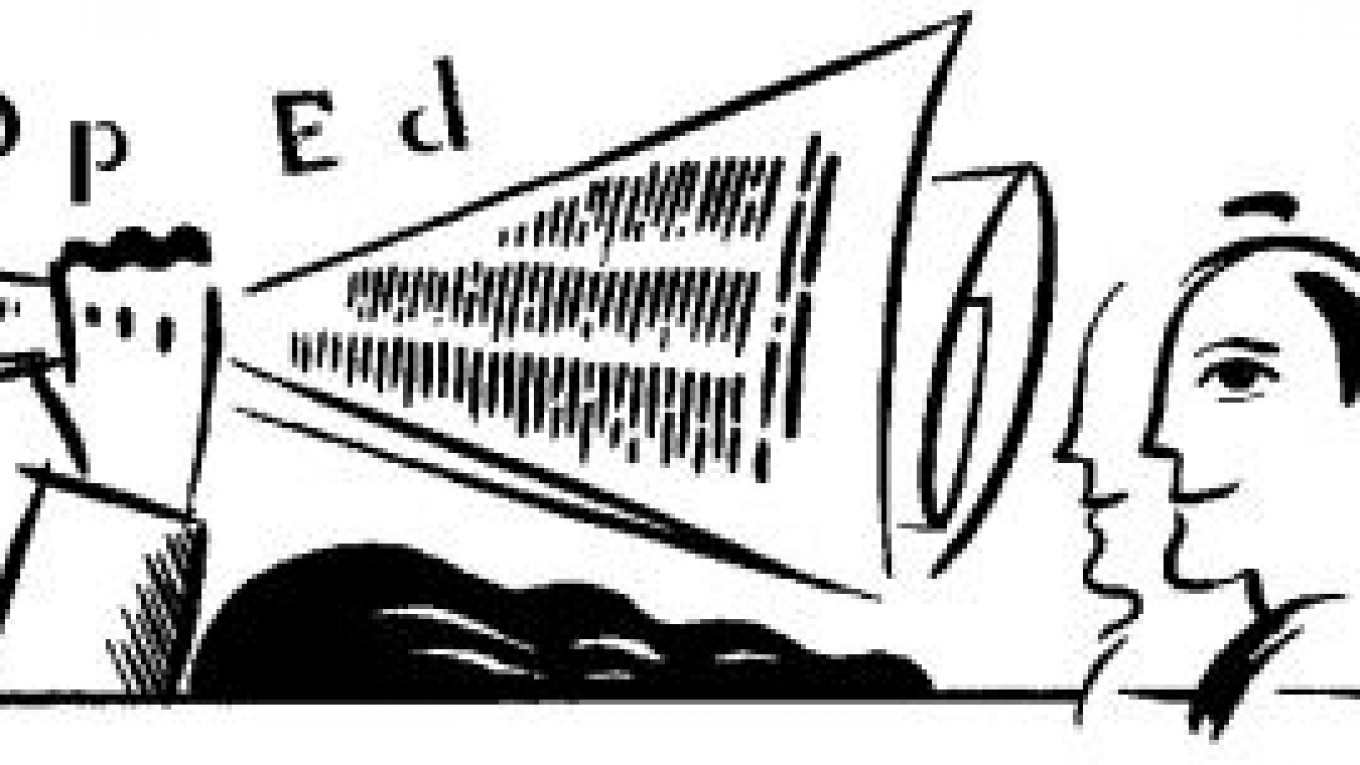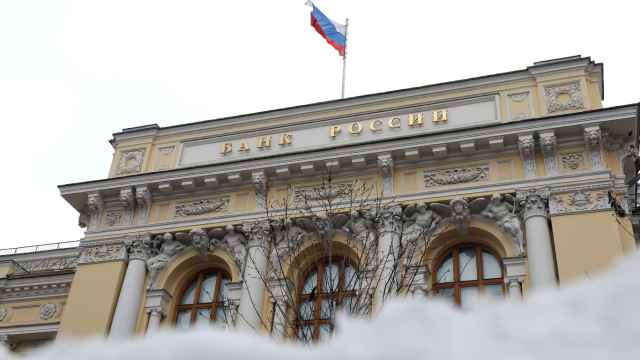I recently used Uber, an online service for ordering a car and driver, and did not have the usual pleasant experience. The driver did not know the area, and, worse, he did not follow his navigator's instructions, turning left instead of right. When Uber asked me, as usual, to rate the driver, I did not hesitate to give him two out of five. I was not being vindictive. I wanted to save other passengers from an unpleasant experience, and I hoped that maybe feedback would encourage him to improve or find another line of work.
But what does two out of five mean? It obviously means worse than average, which would be three. But while I would always pick an average driver over a driver with a rating of two, given the choice between a two driver and a blind pick, I might pick the two because the fear of someone even worse would keep me from taking a risk. This is a well-known phenomenon known as loss aversion: The risk of a one outweighs the hope of a five.
Just last week, I was engaged in ranking proposals for the Knight News Challenge. To simplify things, they had a three-point ranking: three for yes, two for consider and one for reject. The idea was to pick the easy winners, reject the losers and focus on distinguishing among the maybes. That makes sense in the context of focusing attention where a decision is needed.
Ranking exercises, like the things they rank, are not all the same. Different approaches fit different situations. We live in a world where everything is being rated, whether you are a judge or an individual trying to make sense of modern life. Indeed, while we rate the Uber drivers, they are rating us.
Consider a business plan or a foundation grant proposal. One proposal might be ranked nine out of 10, while another is eight out of 20. The first is pretty good but with limited upside, while the second is not so good but has the potential to be great. The two cannot really be compared. One is a safe choice but not likely to have a huge impact. The other is riskier but ultimately may be more worthwhile. If you are a customer buying a product that should work, you want the nine out of 10. If you are a venture capitalist who thinks she can add value, you want the eight out of 20.
Helping people to think clearly about these numbers is important. People want simplicity, yet at the same time, in a world of targeted marketing, customization and precision in which vendors struggle to give consumers exactly what they want, people can help themselves by thinking clearly and specifying their preferences.
Imagine that you have cancer. The doctor says that you probably have two years to live, or a 50 percent expected improvement in "survival" — medical terminology for living another five years — if you undergo chemotherapy. In other words, you can have two years of gradual decline with some pain, or three years of nauseating treatments, "chemo brain," loss of hair and diminished dignity.
If you think those numbers are not quite comparable, you are right. That is part of the problem. But while the timing is uncertain, the trade-offs are pretty clear. What you really want, of course, is a cure, not merely a minimal extension of life expectancy, but nothing is certain. The choice sounds easy, but then perhaps you just want to survive to see your daughter graduate or your son get married. It would be nice to understand those numbers better.
Even on the population level, we are facing some of the same complexities at the Health Initiative Coordinating Council, a startup that I founded. How do you measure health improvement? It is not, as one benighted analyst suggested, "A 20 percent [reduction] in heart attacks plus a 30 percent [reduction] in diabetes incidence equals a 50 percent [reduction]." You need to average the improvements to get a figure somewhere between 20 percent and 30 percent. But how do you weight diabetes versus heart attacks, life extension versus quality of life?
There is also, in any sector, the issue of what the data really mean. One of my favorite unfortunate stories concerns consumer credit ratings in Russia. A retail banker once told me that in making credit decisions in Russia, his analysts had faced a shortage of data and had assumed that a criminal record would be one easy way to weed out the bad eggs.
But when the bank ran the numbers, they discovered that although about half of the people applying for low-end, high-interest-rate credit had a police record, this did not seem to reflect on payment outcomes. I suspect the reason was that the people with no police record were the middle 50 percent. At the bottom were the 25 percent who had a police record for some kind of bad behavior. At the top were the 25 percent who had a police record for exceptionally good behavior, like refusing to pay bribes or to overlook corruption.
The moral of this story is that numbers do not tell us everything. Do we end up focusing on price because we can measure it to the exclusion of other things that matter? This phenomenon has rendered the airline business largely unprofitable — and customers increasingly unhappy. Quality used to be included in the price of a ticket. Now, with surcharges for seat selection, meals and the like, customers are charged for it separately.
In short, the paradox of choice, as elegantly described in an eponymous book by Barry Schwartz, is that too many choices confuse us and raise the possibility of regret. How can we be sure that we are getting just what we want and that something else would not be better?
Or it may be that the greatest happiness of all comes from not having to worry about stuff like this.
Esther Dyson, principal of EDventure Holdings, is an entrepreneur and investor concentrating on emerging markets and technologies. Her interests include information technology, health care, private aviation and space travel. © Project Syndicate
A Message from The Moscow Times:
Dear readers,
We are facing unprecedented challenges. Russia's Prosecutor General's Office has designated The Moscow Times as an "undesirable" organization, criminalizing our work and putting our staff at risk of prosecution. This follows our earlier unjust labeling as a "foreign agent."
These actions are direct attempts to silence independent journalism in Russia. The authorities claim our work "discredits the decisions of the Russian leadership." We see things differently: we strive to provide accurate, unbiased reporting on Russia.
We, the journalists of The Moscow Times, refuse to be silenced. But to continue our work, we need your help.
Your support, no matter how small, makes a world of difference. If you can, please support us monthly starting from just $2. It's quick to set up, and every contribution makes a significant impact.
By supporting The Moscow Times, you're defending open, independent journalism in the face of repression. Thank you for standing with us.
Remind me later.






